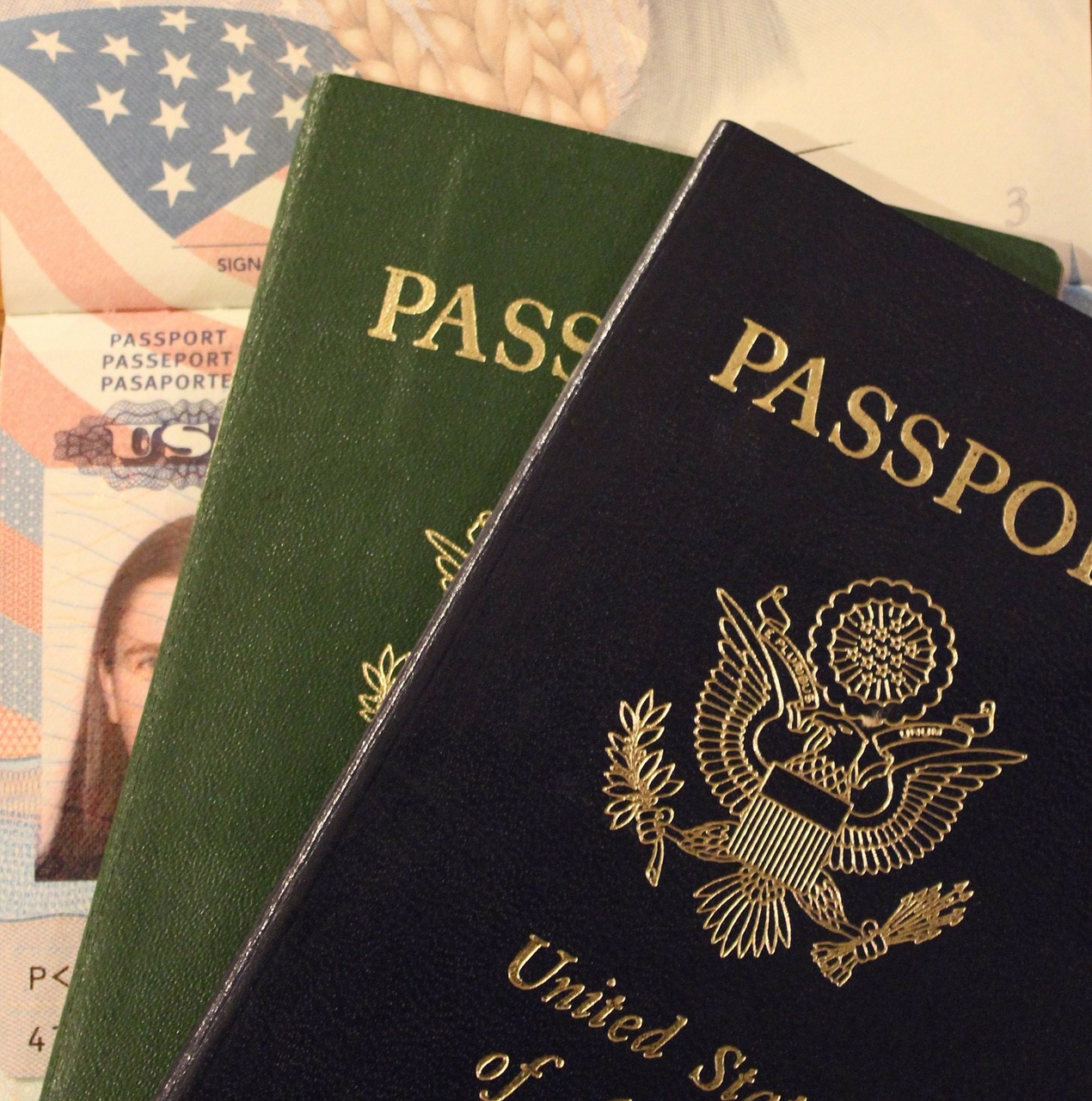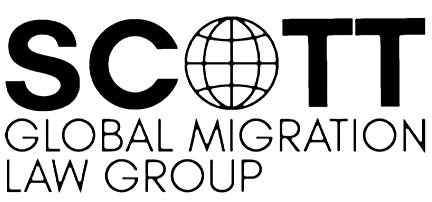
Major Changes to the H-1B Lottery
 “Buy American, Hire American.” These words have directly affected the volatile state of U.S. immigration policy since President Donald Trump signed this executive order on April 18, 2017, leading to a temporary suspension (until February) for the premium processing of H-1B petitions and increasing the number of Requests for Evidence (RFEs) for H-1B petitions. Now, these words are changing the H-1B cap lottery, giving preference to H-1B applicants with a U.S. master’s degree or higher and increasing their chance of being selected in the lottery.
“Buy American, Hire American.” These words have directly affected the volatile state of U.S. immigration policy since President Donald Trump signed this executive order on April 18, 2017, leading to a temporary suspension (until February) for the premium processing of H-1B petitions and increasing the number of Requests for Evidence (RFEs) for H-1B petitions. Now, these words are changing the H-1B cap lottery, giving preference to H-1B applicants with a U.S. master’s degree or higher and increasing their chance of being selected in the lottery.
Annually, the U.S. offers 85,000 H-1B visas – 65,000 for applicants with a bachelor’s degree or equivalent, and 20,000 for applicants with a master’s degree or higher. These visas become available on the first business day of April each year, and within a week, the number of applicants is more than double the number of available visas. To manage the overflow of applications, those who receive H-1B visas are chosen through a random lottery.
Effective April 1, 2019, the United States Citizenship and Immigration Services (USCIS) will be reversing the order in which they’ve performed the visa lottery selections in previous years. For the fiscal year (FY) 2020 lottery starting this April, USCIS has announced it will first select the 65,000 H-1B petitions submitted from the entire pool of applicants, including those eligible for the advanced degree exemption. Then, USCIS will select the 20,000 advanced degree applicants from the remaining pool. USCIS notes this reversal will “result in an estimated increase of up to 16% (or 5,340 workers) in the number of selected petitions for H-1B beneficiaries with a master’s degree or higher from a U.S. institution of higher education.”
Required electronic registration is another upcoming change to the H-1B lottery program but will not take effect this year. USCIS states that the registration requirement is a way to reduce employer costs and increase government efficiency.
